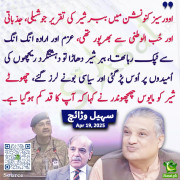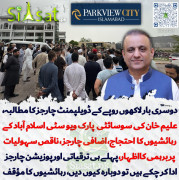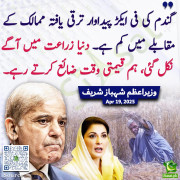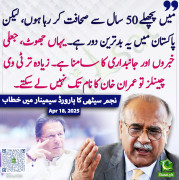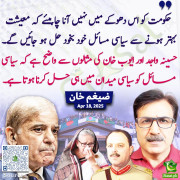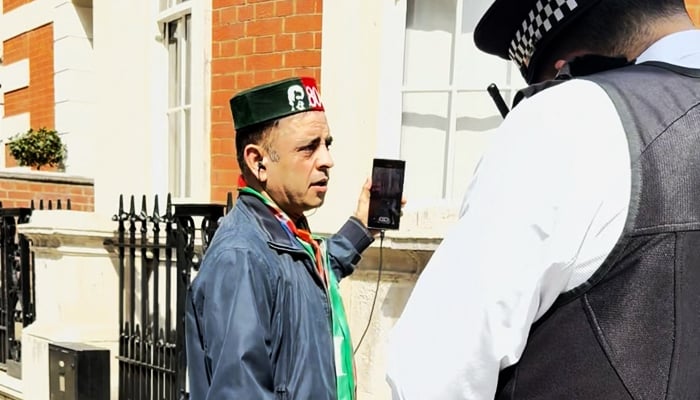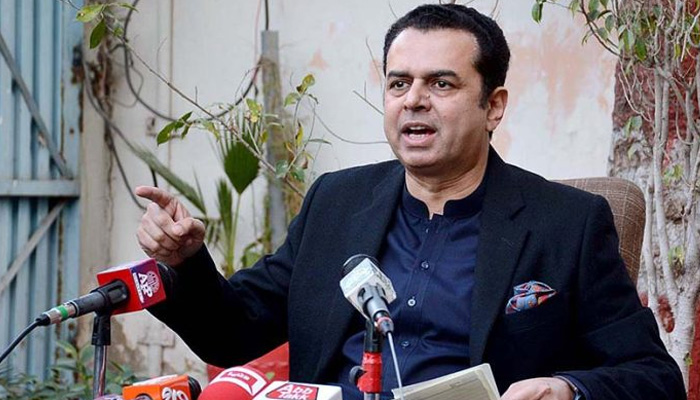Citizen X
(50k+ posts) بابائے فورم

Even the most criticial of hadith followers will agree that according to traditional Sunni Islam Sahih Al Bukhari is the most authentic book after the Quran. So naturally we can trace back Sahih Bukhari back to the person accredited for collecting and compling this authrotative and definite hadith complilation and if not complete copies at least manuscripts written by Imam Bukhari, right. Well not really,
No copy or manuscript written by Imam Bukhari exists today. Well thats hardly a problem when Imam Bukhari had 100s if not 1000s of students and his compilation reached us my numerous mass transmissions by his students, right? But unfortunately that is not the case either. The farthest we can go back with the Sahih Bukhari is to this one alleged student of Imam Bukhari.
Muḥammad ibn Yūsuf al-Firabrī. Why alleged? Because outside of him himself saying that Bukhari had 70,000 students, all have died and I am the only one who remains there is very little evidence he actually even was a student of Bukhari. And we actually don't even have copies or manuscripts by Muḥammad ibn Yūsuf al-Firabrī himself, the closet being within one to two generations after his passing but scholars claim they follow his tranmission line and recension. Anyways lets put that aside for now.
None of this would really an issue, until you start to examine the Sahih Bukhari according to the criteria set by mudhaitseen ( hadith scholars ) in their hadith sciences. For a hadith to be declared, every narrator in a chain must have been vouched for as Thiqa i.e trustworthy, of sane mind and good memory. So obviously people only who know a certain someone can vouch for him or her. If you have never met a person, that person died before you were born, can you give a personal gurantee that person was as thiqa? And even if you do, what real value does your vouching for him really have?
So every narrator in a chain has to be vouched for and if he isn't then that hadith according to hadith sciences cannot be classified as Sahih. So whats the problem here you ask?
The problem is no one ever really vouched for Muḥammad ibn Yūsuf al-Firabrī in his lifetime, he is an unknown. So any hadith that has a narrator that is unknow i,e unvouched for can at best be classified as majhul. A majhul hadith falls under Dhaif ( weak ) hadith classification. There are even sub catagories of Majuhul hadith but lets not get too technical here.
And since the entire complilation of Sahih Bukhari goes back to this one unvouched for person Mr Muḥammad ibn Yūsuf al-Firabrī meaning the 7,563 narrations contained in all the 9 volumes of
So the Sahih is not so Sahih after all.
The hadith followers and scholars realized this and 242 years after Firabri died posthumously declared him Thiqa, then Al Dahabi in 748AH and then Al Hajar as late as 852AH.
Now this also created another problem with their great Ilm Al Rijjal the scholars had put out, showing how all the narrators in every chain was Thiqa with stories and biographies. So they made up new rules to cover up such huge gaping holes and discrepencies.
So the new was posthumous tawthīq (endorsement) was allowed if the narrator’s work was judged "reliable", their students were "trustworthy" and there was no "real criticism". All artibarty and open ended subjective vague standards.
So in the end. No real copies or manuscripts of the Bukhari exist, all of them are traced back to this one alleged self proclaimed student of his Al Firabari. Who no one in his lifetime vouched for that he was a trustworthy man.
And this is what majority of the traditional Islam is based on today, majority of what is followed and believed in comes from this one collection, the so called most authentic book after the Quran. Which fails miserably to call itself authentic according to the traditionalists own sciences and scholars.





